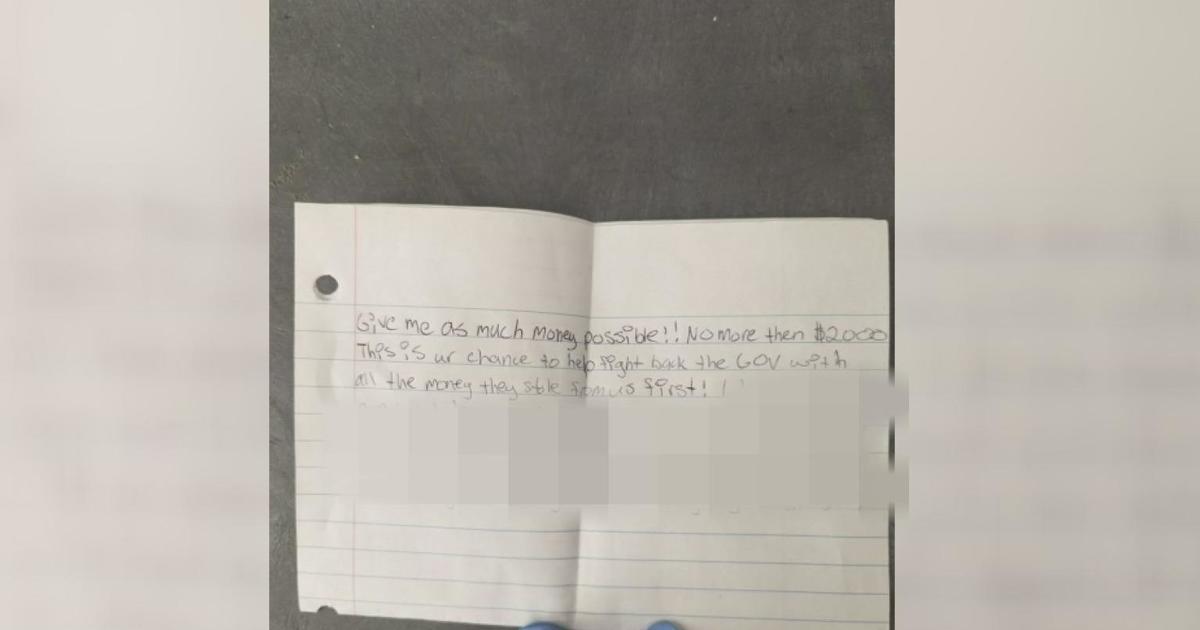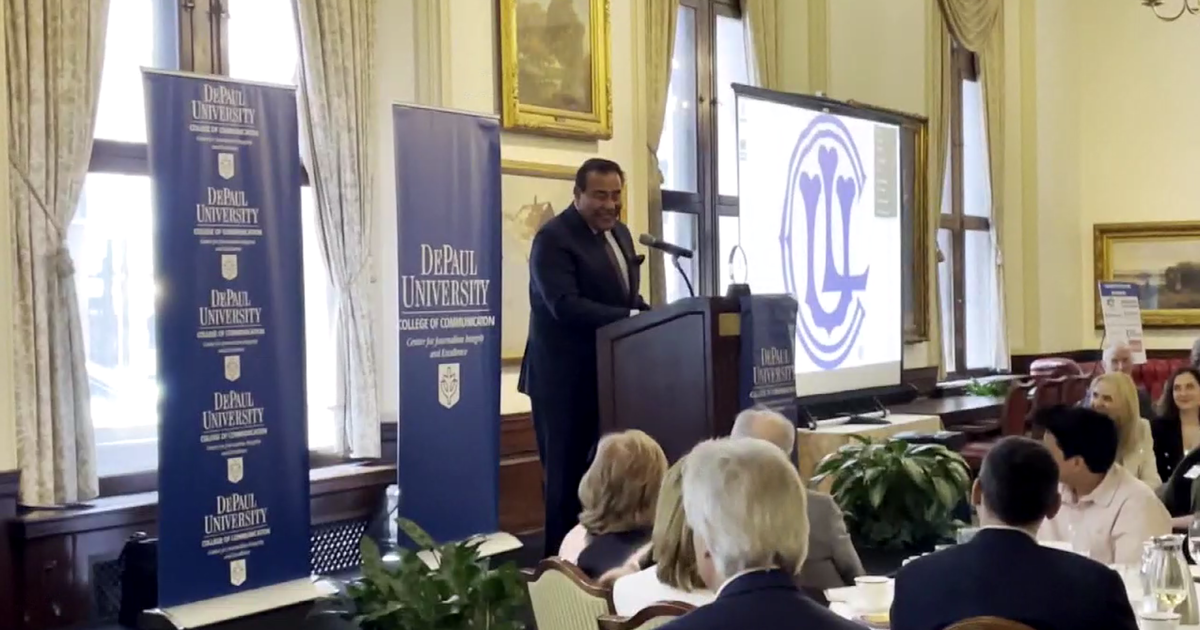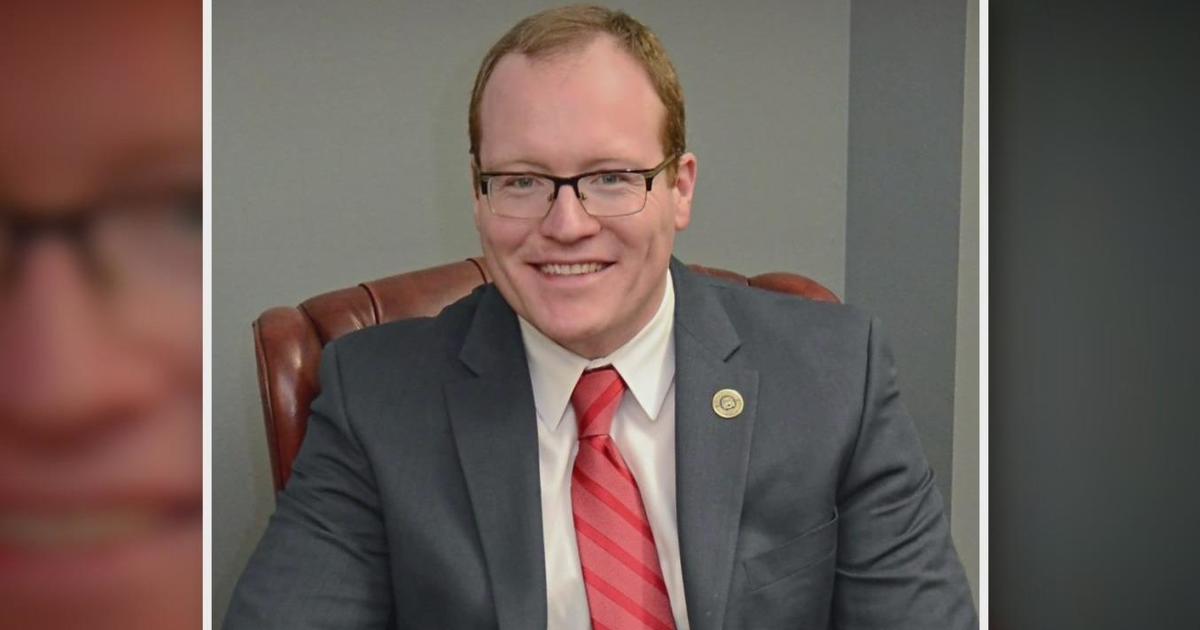Hastert Sentencing Postponed; Attorney Says Former Speaker Nearly Died
CHICAGO (CBS) -- A federal judge has agreed to delay sentencing for former U.S. House Speaker Dennis Hastert in his hush-money case, after the Illinois Republican's attorneys revealed he nearly died in November when he suffered a severe blood infection.
Hastert, 74, was hospitalized in early November, after blood tests showed he was suffering from a rare form of sepsis, which had traveled to his spine. While in the hospital, he also suffered a small stroke, and had two surgeries on his back.
Defense attorney John Gallo said Hastert's attorneys told him "he nearly died that week."
Gallo said Hastert remained hospitalized until two weeks ago, although he has not lost any cognitive functions due to the stroke, and is lucid and able to speak. However, he remains confined to a wheelchair, and only yesterday took his first step since the stroke.
In seeking a delay in Hastert's sentencing, Gallo told U.S. District Judge Thomas Durkin the former speaker requires round-the-clock care from his wife because of his limited mobility, and still needs help dressing, bathing, and using the toilet. Hastert's doctor has ordered him to stay at home for at least another month, except for doctor's visits.
Durkin agreed to postpone sentencing until April 8. Originally, it had been scheduled for Feb. 29.
Prosecutors did not object to the delay.
Hastert's health problems likely will become a part of his attorneys' request for leniency when he is sentenced. The defense is expected to ask for probation. His plea deal with prosecutors recommends a sentence no longer than six months in prison, but a final decision is still up to the judge, and faces a maximum sentence of 5 years.
The former speaker has admitted to illegally structuring bank withdrawals in an effort to conceal payments to an unnamed individual in an effort to cover up misconduct from his days as a teacher and wrestling coach in Yorkville. Hastert admitted he had arranged to pay that person a total of $3.5 million, and took out nearly $1 million from his bank accounts, and tried to hide the withdrawals from banking authorities before he was caught.
The plea agreement did not provide any details on the past misconduct behind the hush money payments, but sources have said Hastert was trying to cover up allegations he sexually abused a student decades ago.
CBS 2 Legal Analyst Irv Miller has said the judge, by law, must take Hastert's health into consideration.
"His health will influence his sentence more than any other single factor in this case, other than the nature of the crime itself," Miller tells CBS 2's Audrina Bigos.
If Hastert's attorneys ask for leniency due to poor health, there are alternatives to prison, such as home confinement or a prison hospital.



